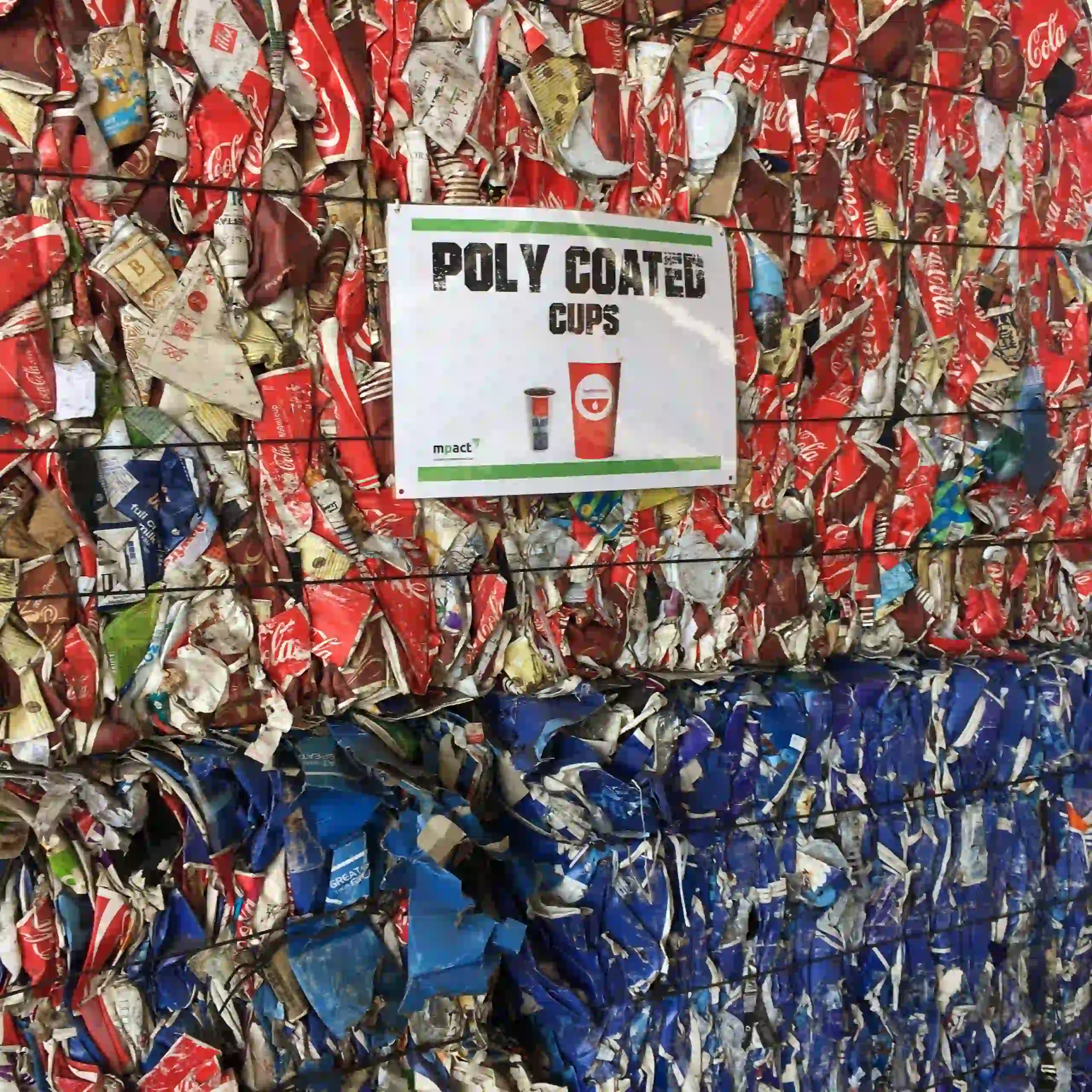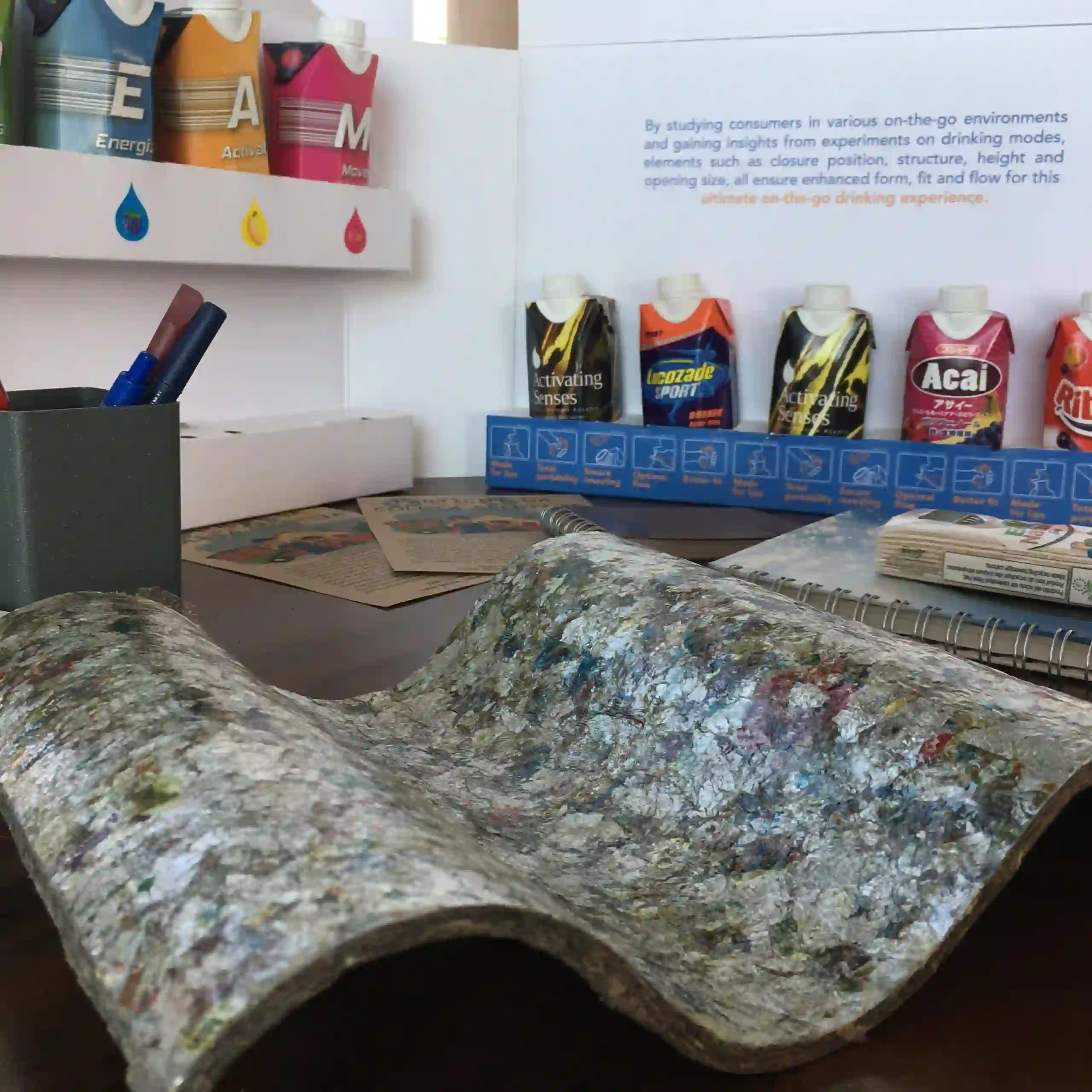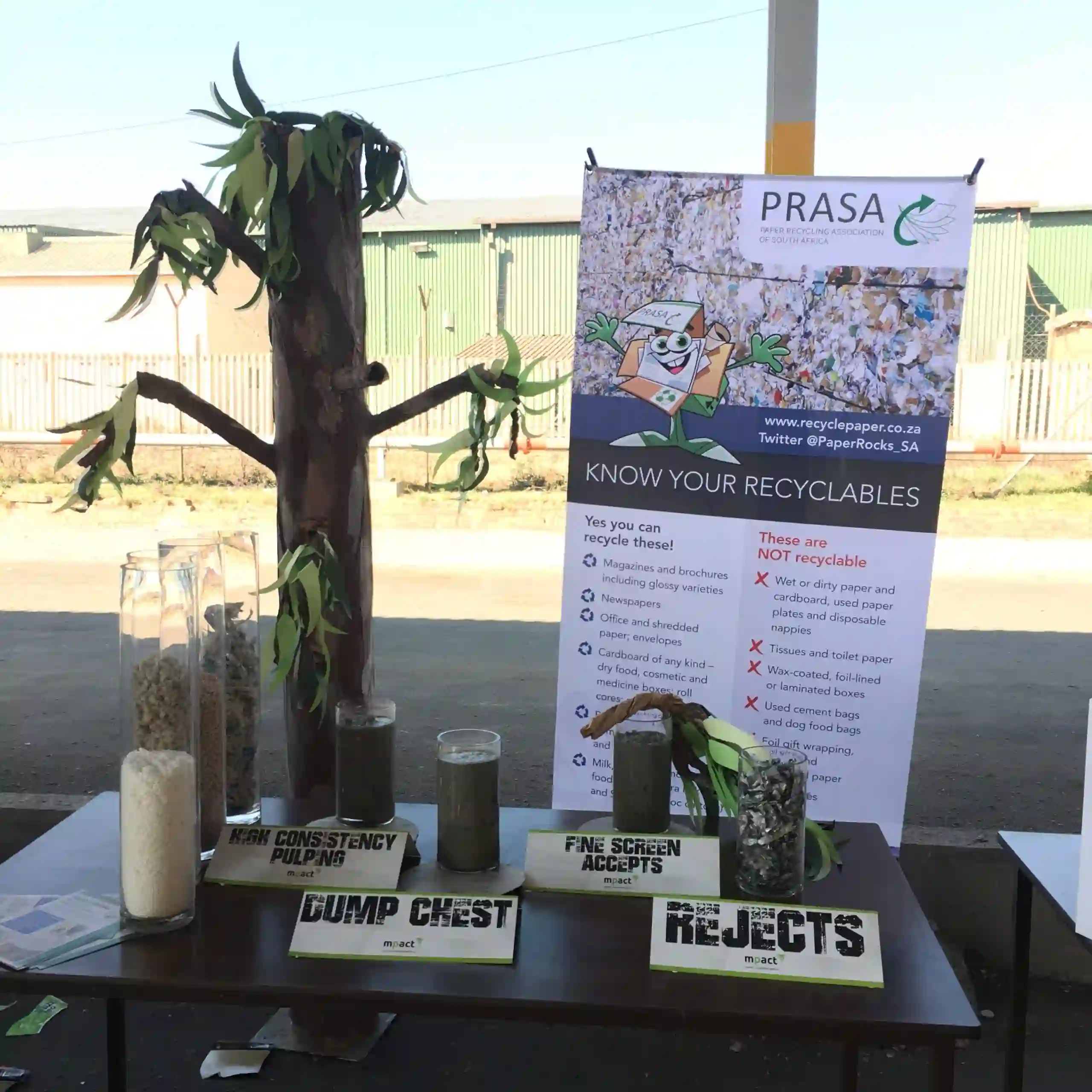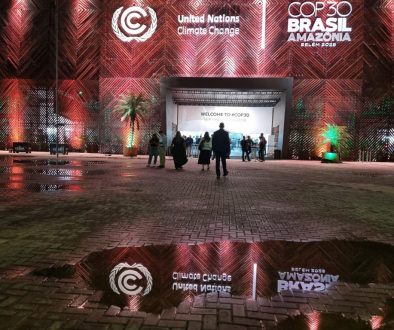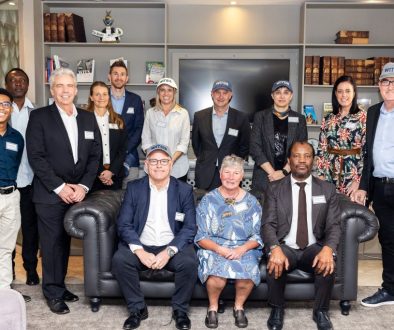Minister of the Environmental Affairs unveils Mpact’s liquid packaging recycling plant
On July 25th, Mpact opened its liquid packaging recycling plant at the company’s Springs paper mill. The company held an on-site ribbon-cutting ceremony this morning, with Minister Dr. Edna Molewa, the Minister of Environmental Affairs, as well as other national and local government officials in attendance.
The R46 million project is expected to recycle approximately 25,000 tonnes per year of liquid packaging products, which until now has seen limited beneficiation in South Africa.
SA’s paper recovery rate well above global average
The recovery rate of all paper grades available for recycling in South Africa was approximately 68% in 2016, representing 1,4 million tonnes of the approximately 2,0 million tonnes of paper. However, when it comes to paper packaging grades, this number is estimated to be well over 80%.
Bruce Strong, CEO of Mpact Limited explains, “Paper recycling rates in South Africa are well ahead of the global recovery rates, and comparable to many first world countries, and we can be very proud of that. The key to this level of recycling is the demand for recyclable products from paper manufacturers. In Mpact’s case, this demand comes through innovative projects and investments, such as the liquid packaging recycling plant being unveiled today.”
With traditional sources of recovered paper in South Africa in short supply mainly due to increased demand from paper manufacturers both locally and abroad, the recovered paper from the liquid packaging products processed at this plant provide Mpact with an alternative source of high quality recycled fibre which is currently being landfilled.
In 2016, Mpact recovered approximately 560,000 tonnes of recyclable paper fibre. Mpact will recycle an additional 120,000 tonnes by 2018 off the back of the liquid packaging recycling plant as well as the recently upgraded Felixton paper mill, which is now using 100% recovered paper fibre as raw material.
These projects and other initiatives by Mpact Recycling represent the next stage of increasing the paper recycling rate, which will take South Africa’s paper recovery rates to another level.
“Other than sustained demand, cost effective collection and the aggregation of recyclables for beneficiation is critical in maintaining high levels of recycling. We believe this is best achieved through public–private partnerships and real interventions on the ground, rather than punitive taxes,” continued Strong.
Celebrating recycling
Samantha Choles, Communications Representative from Paper Recycling Association of South Africa, added her voice in support of Mpact’s liquid packaging recycling plant, saying, “Today is a celebration of many kinds: it is a celebration of investment, not just in one of Ekurhuleni’s manufacturing hubs, but in Gauteng and South Africa. We also celebrate the circular economy and the extended producer responsibility in action, technology and manufacturing, as well as efforts by industry to make products more recyclable, to close the loop just a little further so that fewer tonnes of waste go to landfill.”
Mpact’s beneficiation of recyclables also extend to the R350 million state-of-the-art recycled PET (rPET) plant (Mpact Polymers), which processes 29,000 tonnes a year of used PET bottles into 21,000 tonnes of rPET for food and beverage packaging products. Consequently, Mpact now also recycles plastic lids on liquid packaging cartons and plastic bottles to make wheelie bins.
“The opening of Mpact’s liquid packaging recycling plant advances its position as the pre-eminent paper and carton recycler in Southern Africa,” says Rodney Reynders, Cluster Leader, Environment, Greater Middle East and Africa, Tetra Pak.
“This innovative facility amplifies Mpact’s opportunity for environmentally sustainable activities, and increases the collection and recycling of liquid packaging products. The operation will also meet the burgeoning needs of our customers to recycle greater volumes of carton packaging for reuse in new products”.
Zero waste to landfill is the goal
In his concluding remarks, Strong added, “wastage of any kind is not good. We are very clear that zero waste to landfill has to be the goal. This project and many others across the Group dovetail Mpact’s strategic drive to beneficiate recyclable materials in South Africa. This in turn reflects our long term commitment to sustainability and development of sustainable systems in recycling. Therefore, we embrace opportunities that will see us realise this in the country, drive innovation, investment, entrepreneurial development and the growth of SMMEs, as well as secure a sustainable future![]() for all South Africans for generations to come.”
for all South Africans for generations to come.”
